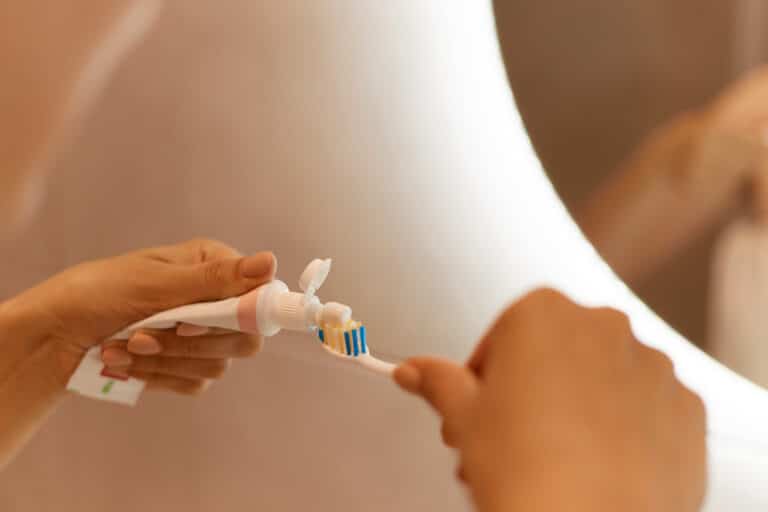If you’re missing one or more teeth, you may be considering dental implants as a replacement option. Dental implants are a popular choice for tooth replacement, and they offer a number of benefits over other forms of tooth replacement. A dental implant is a titanium post that is surgically placed into the jawbone. After the implant has healed, a dental crown is attached to the top of the implant, giving the appearance and function of a natural tooth. Implants are a great choice for people who have lost teeth due to injury or disease, and they can last for many years with proper care.
If you’re considering dental implants, here are some things you need to know:
What are dental implants and how do they work?

Implants are posts that are surgically placed into the jawbone in order to replace missing teeth. The implant is made of titanium, which is biocompatible, meaning that it will not cause any adverse reactions in the body. After the implant has healed, a dental crown is attached to the top of the implant, giving the appearance and function of a natural tooth.
Find out more details about dental implants here.
Who is a good candidate for dental implants? Are dental implants right for me?
Most people who have lost teeth due to injury or disease are good candidates for dental implants. The best way to know if you are a good candidate is to consult with your dentist or oral surgeon. They will be able to assess your individual case and let you know if dental implants are the right choice for you.
What are the pros and cons of dental implants?
What are the benefits of dental implants?
There are many benefits of dental implants, including:
- Dental implants can last for many years with proper care. Find out how you can care for your dental implants below.
- They look and function like natural teeth.
- They can help to preserve bone in the jaw.
- They can provide support for dental bridges or dentures.
- They do not require special care when brushing or flossing your teeth, you can keep your dental hygiene routine the same.
- They allow you to eat the foods you love – unlike dentures, which can sometimes slip or make it difficult to eat certain foods.
What are the risks associated with dental implants?
Implants are considered to be very safe, and the risk of complications is low. However, as with any surgery, there are some risks and potential complications associated with dental implants. These include:
- Infection at the implant site
- Damage to surrounding teeth
- Nerve damage
However, these risks are considered to be low, and most people who get dental implants do not experience any complications.
Dental implant FAQs
What is the difference between dental bridge and dental implant?
Dental bridges are a type of tooth replacement that uses adjacent teeth for support, while dental implants are self-supporting. Dental bridges are less expensive than dental implants, but they are not as durable and do not last as long.

How much do dental implants cost in Singapore? Can Medisave pay for my dental implant?
The cost of dental implants in Singapore can vary depending on a number of factors, such as the number of implants you require, the type of implant you choose, and whether or not you need any additional procedures. The average cost of a dental implant in Singapore is around $3,000 per tooth. Medisave can be used to pay for up to $2,500 of the cost of dental implants. Feel free to reach out to us to find out how much of your Medisave or CHAS can be used for your specific treatment.
Here at WeSmile Dental, we make sure to keep our prices low to ensure that everyone has access to quality dental care. Implants with crowns or dentures start from $2,200 per tooth. You can find out more about our pricing here.
What is the process of getting dental implants?
The process of getting dental implants usually takes place over the course of several months.
Step #1: Consult with your dentist or oral surgeon to see if you are a good candidate for dental implants.
Step #2: If you are, the next step is to have the implant surgically placed into your jawbone. After the implant has healed, a dental crown is placed on top of the implant.
Step #3: The final step is to make sure that you practice good oral hygiene and see your dentist for regular checkups.
Are dental implants painful?
The placement of dental implants is a surgical procedure, and so it is normal to experience some discomfort afterwards. However, the pain is usually well-controlled with medication and should subside within a few days.
How long do dental implants take to heal?
The healing time for dental implants can vary from person to person, but it usually takes around 3-6 months for the implant to fuse with the bone.
How long do dental implants last?
Dental implants are a long-term solution for tooth loss, and with proper care, they can last for many years. However, it is important to note that they will eventually need to be replaced.
How do I care for my dental implants to make them last longer?
It is important to care for your dental implants in order to ensure that they last for many years. Here are some tips for taking care of your implants:
- Brush and floss your teeth daily. This is important for keeping your teeth and gums healthy, as well as for keeping your implants clean.
- Visit your dentist regularly for checkups and cleanings. This will help to keep your teeth and gums healthy, and it will also help to keep your implants in good condition.
- Avoid eating hard or sticky foods, which can damage your implants.
- Avoid smoking, as this can also damage your implants.
What material are dental implants made of?
Dental implants are usually made of titanium, which is a biocompatible material that is well-tolerated by the body. Titanium is a great material as it is not only very strong and durable, it also allows the dental implants to feel and look natural.
Do dental implants feel natural?
Yes, dental implants feel very natural. In fact, most people who have them say that they can’t even tell that they have implants. That is why it is one of the most popular options for tooth replacement, you may even forget that you have them!
What can I eat after dental implant surgery?
After your dental implant surgery, it is important to eat soft foods that are easy to chew. This will help to promote healing and avoid irritation of the surgical site. Some good options include soup, mashed potatoes, yogurt, and eggs. As you heal, you can gradually start to add other foods back into your diet.
After it has healed completely, you can go back to eating all the foods you love. They are durable and will be able to handle hard foods just like your natural teeth would!
Looking to get a dental implant?
We hope that this article has helped you understand more about dental implants, the pros and cons, and whether it is suitable for you. If you are considering getting dental implants or if you have more burning questions that we didn’t address here, we at WeSmile Dental would be happy to help you! Drop us a call or a visit anytime.


